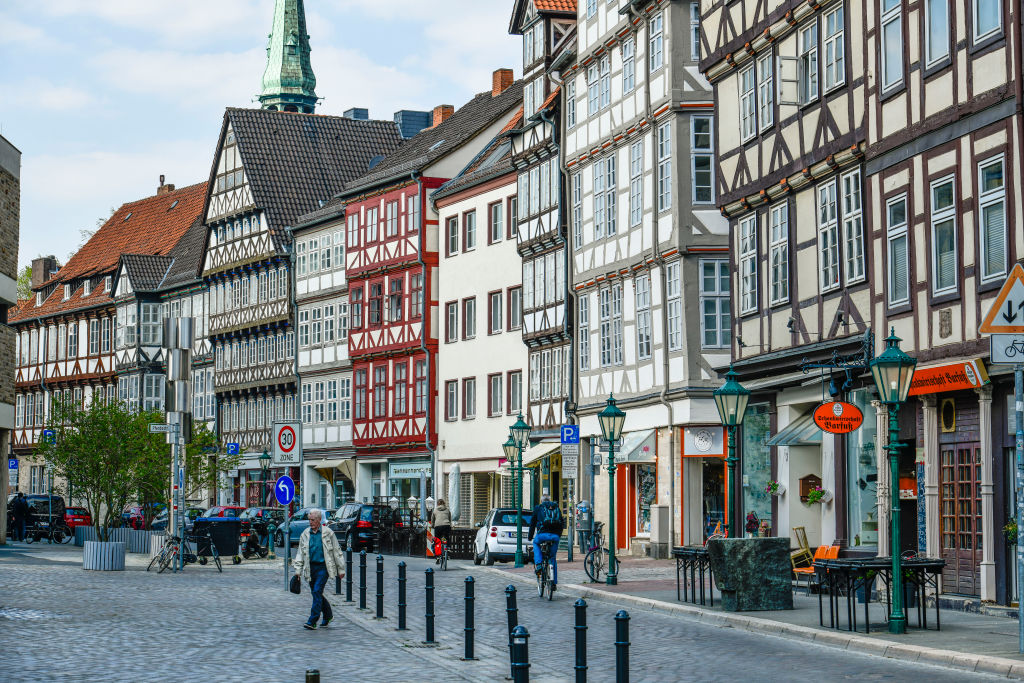Sometimes it is hard to know who to believe during a crisis. Optimists in Germany might take solace in a recent Bloomberg report announcing that “the country’s economic downturn may be ending”. Unfortunately, the word “may” is carrying a lot of weight here. In the very same week that Bloomberg was predicting an improved economic outlook for Germany, there was a renewed barrage of bad news. It was revealed that the country’s five-year expected tax revenues will fall short by €60 billion, there is going to be a budget gap of more than €40 billion, and Germany is on course to enter its second recession year in a row.
Instead of disappearing, it seems as if the recession is spreading, hitting the backbone of the German economy: the so-called Mittelstand, the 3.1 million small- and medium-sized companies that make up 99.4% of all firms. These companies are not just crucial for innovation and the labour market, they also constitute a large part of the tax base. The very structure of the Mittelstand makes it difficult for its members to move assets around globally in the way huge companies like Google can, and whatever the tax burden is, it hits those small enterprises directly and immediately.
This also means that if they suffer, so does the tax revenue and the predicted massive shortfall demonstrates that there is nothing left to squeeze from smaller German entrepreneurs. Unsurprisingly, the IMF has now cut its growth forecast for Germany for this year and the next, from 1.3% to a meagre 0.8%, making it the slowest growing economy in the Eurozone and the G7.
Berlin’s answer to this problem is the planned creation of a “Germany Fund” to stimulate investment, but one should not put too much hope into it. After all, this new fund is being framed as a plan to create “a climate-neutral modern industrial future” according to Green economic minister Robert Habeck. This is a polite way of saying that Germany will yet again throw billions at the continuously failing energiewende (energy transition), which is one of the main reasons for Germany’s economic problems to begin with. The University of Cologne has calculated that government subsidies for renewables will reach €18 billion in 2025, €2 billion more than originally anticipated.
And while Habeck continues to dream green dreams, everything else continues to deteriorate. Remember the once hailed German punctuality? Well, according to national railway services there are plans to finally make trains run on time again — but not until 2070, more than a generation down the line. An official Government poll of 3,300 companies showed that 37% were considering cutting production or moving abroad, up from 31% last year. There is a sense of exhaustion that permeates the German public and its entrepreneurs, and that is made worse by a political class that appears to be entirely oblivious to the mounting problems in all areas of life.
Under these conditions, is it really a surprise that more and more Germans — literally and figuratively — are beginning to look for an alternative for Germany?











Join the discussion
Join like minded readers that support our journalism by becoming a paid subscriber
To join the discussion in the comments, become a paid subscriber.
Join like minded readers that support our journalism, read unlimited articles and enjoy other subscriber-only benefits.
Subscribe